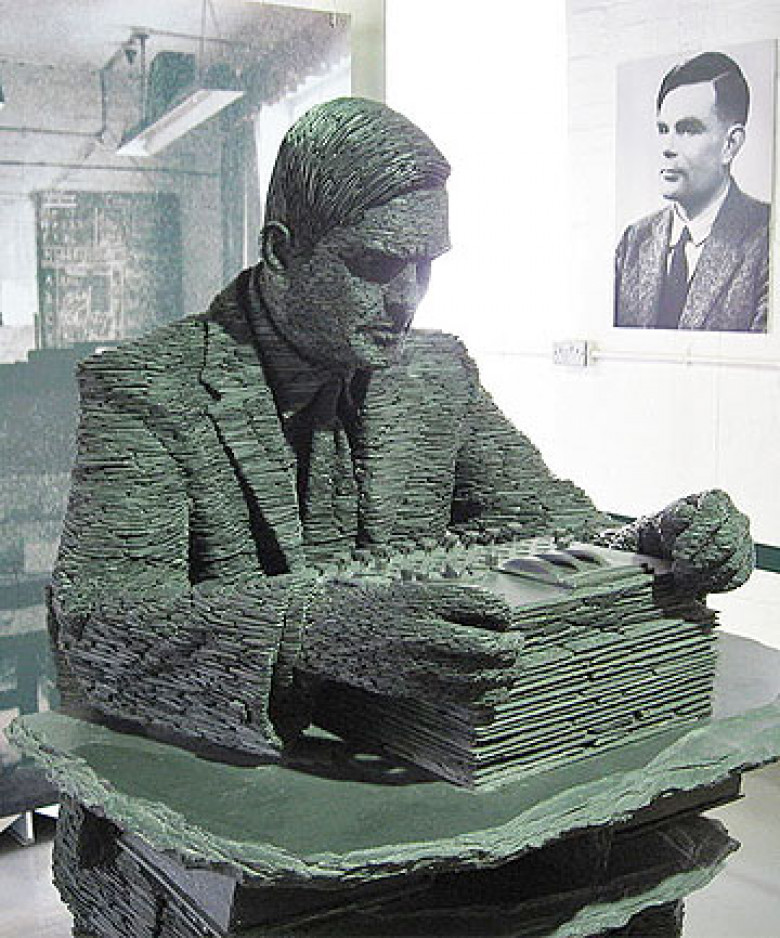Alan Turing - The code-cracker who changed world
Plans are being laid around the world for Alan Turing's centenary celebration, and University of Canterbury professor Jack Copeland is doing his part to honour the father of modern computing.
Copeland is compiling information for exhibits at the Bletchley Park museum in England that will be dedicated to Turing. Bletchley Park was where Turing worked to break German communication codes during World War II.
The broken codes – among them Enigma and Tunny – allowed the British to pinpoint German U-boats in the North Atlantic sea, and to listen in on messages sent between German high command and officers in the field. Turing is widely regarded as the father of the modern computer because in 1936 he came up with the concept of a single universal computing machine that could change its function by running different programs – changing from a calculator to a word processor with the push of a button.










































































